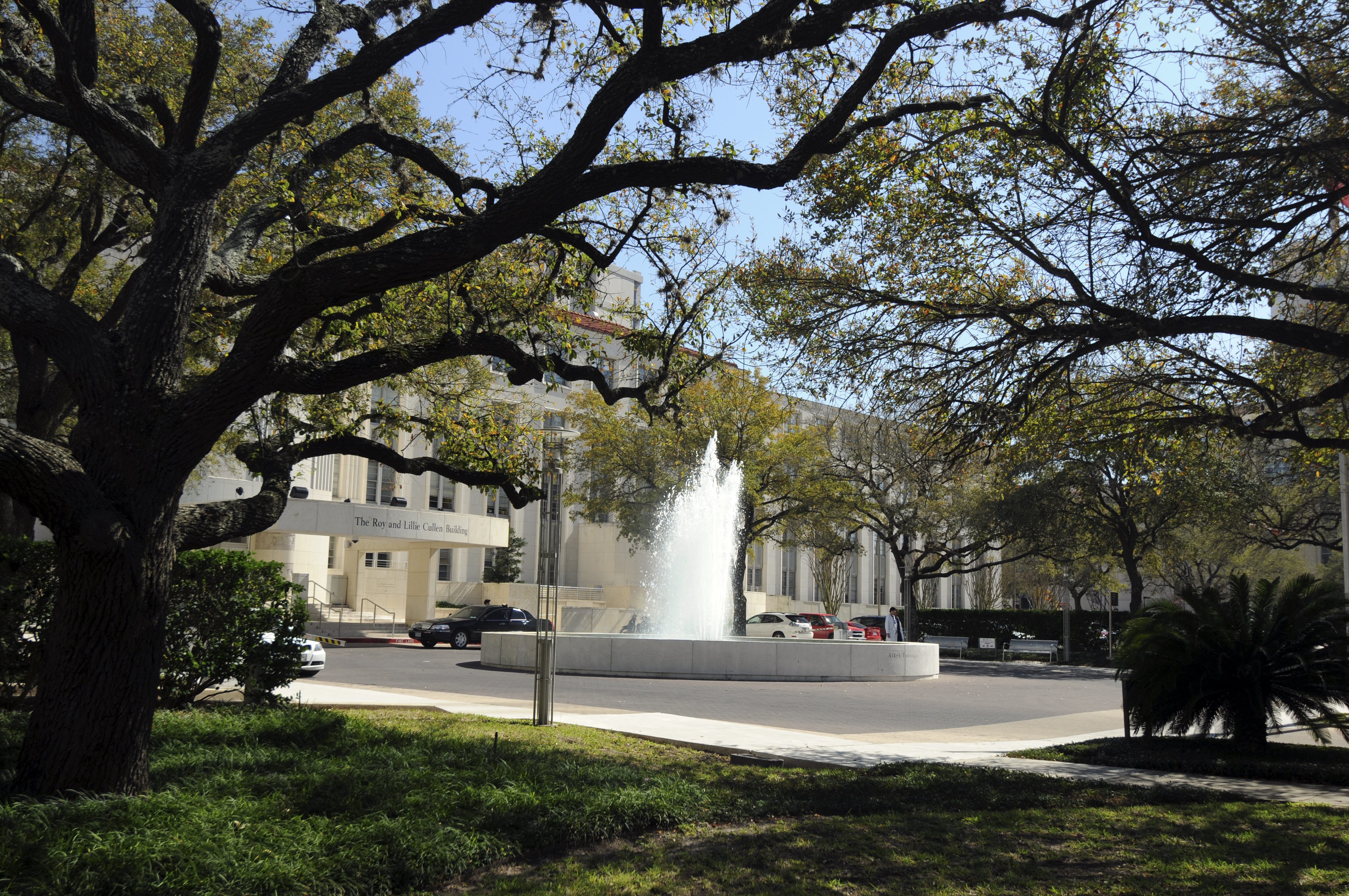New figures released today show COVID-19-related consumer reports make up the majority of the 109,446 complaints the ACCC received in the first ten months of this year.
The impact of COVID-19 on consumers and fair trading report reveals the pandemic’s impact on travel resulted in 24,210 complaints to the ACCC, an increase of 497 per cent compared to the same period last year.
Other industries with large increases in complaints to the ACCC so far this year include sport and recreation (up 134 per cent on the same period in 2019), fuel retailing (121 per cent), and insurance (104 per cent).
“The economic disruption from COVID-19 has led to a huge volume of varied and complex consumer law issues,” ACCC Commissioner Sarah Court said.
“Common misconduct we’ve received complaints about during the pandemic includes businesses misleading consumers about their right to a refund, or deducting cancellation fees from refunds when there is no contractual basis to do so.”
When cancellations occur due to government restrictions, Australians are not automatically entitled to a refund as they would be in normal circumstances under the consumer guarantees of the Australian Consumer Law.
For the vast majority of services and events cancelled due to COVID-19 restrictions, it is the terms and conditions of each individual booking that determines whether consumers are entitled to a refund or credit note.
“The ACCC has had to step in and help consumers and businesses understand the legal ramifications of cancelled services,” Ms Court said.
In March this year, the ACCC adjusted its priorities to focus on competition and consumer issues arising from the pandemic and established a COVID-19 Taskforce to address immediate harm to consumers and small business.
The Taskforce has primarily focused on the travel industry, and its engagement with travel businesses to date has ensured that hundreds of thousands of consumers received the remedies they were entitled to under the terms and conditions of their contract.
“We decided early on that the best way we could help consumers was to educate businesses about their legal obligations and resolve issues quickly and efficiently, rather than taking court action,” Ms Court said.
“We announced some cases such as Flight Centre, Qantas and Etihad, where we worked with those businesses to improve their treatment of customers, but we’ve been doing a lot of other work behind the scenes with dozens of travel businesses to get refunds and other remedies for customers who had their holiday plans dashed.”
“The ACCC is very conscious of the fact that many businesses have struggled to process cancellations and respond to consumer queries as they have reduced staff capacity and are struggling to stay afloat. We have taken these issues into account in our engagement,” Ms Court said.
The COVID-19 Taskforce has also conducted engagement, compliance and education initiatives with more than 60 businesses from industries including live performance and ticketing, fitness and gymnasiums, online selling platforms, professional sports and food suppliers to help resolve consumer issues.
The report contains 15 case studies that demonstrate the different approaches used by the ACCC in addressing harm to consumers and small business.
“Unfortunately, the pandemic is likely to have a long term impact on many industries and the work of our Taskforce will have to continue as issues persist,” Ms Court said.
“The ACCC will work with the Federal Government and the state and territory consumer law regulators to consider whether policy reforms are required to address some of the gaps and other industry specific issues that COVID-19 has highlighted,” Ms Court said.
Background
The ACCC publicly announced in March 2020 that it would be adjusting the focus of its regulatory activities to prioritise consumer and competition issues arising from the impact of COVID-19.
This priority shift led the ACCC to alter its day-to-day operations and direct its resources to COVID-19 specific work streams, including establishing an internal ACCC COVID-19 Taskforce.
The Taskforce has been working closely with other state and federal government agencies and regulators to share information and coordinate COVID-19-related activities.
As the primary competition regulator in Australia, the ACCC is closely monitoring key markets and industries to determine the impact of the pandemic on competition in the economy. The ACCC’s COVID-19 Taskforce continues to investigate reports of anti-competitive practices and alleged contraventions of the fair trading provisions, with a particular focus on the small business sector.
The ACCC has also been monitoring reports of COVID-19-related scams and sharing updates with other government agencies. The ACCC uses this information to develop public education campaign to alert consumers.







